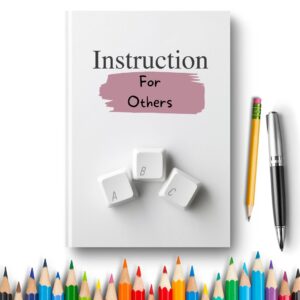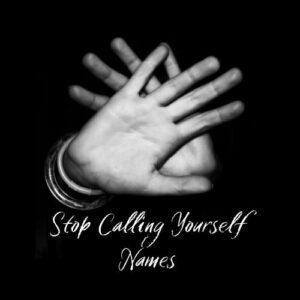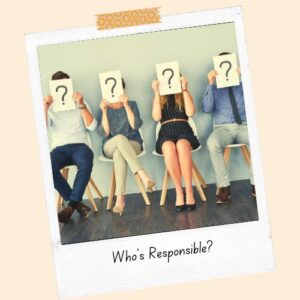
― Eddie Jaku, The Happiest Man on Earth: The Beautiful Life of an Auschwitz Survivor
I am the daughter of parents who had PTSD from World War II. My father drove a tank in front line combat in Europe and was one of the first soldiers to free prisoners from Auschwitz when the war ended. My mother was 13 when the Nazi’s occupied her country of Norway and for the next four years she starved, hid and spent nights skiing through dark forests as part of the resistance movement to help Jews across the border into Sweden. I experienced trauma by proxy as a result of their emotional scars; my mother’s fears, insecurities and hypervigilance and my father’s preoccupation with war stories, chronic nightmares, health problems and bouts of major depression.
In my teens,I immersed myself in the history of the war. Looking back, I think I believed it would help me understand and maybe help them (and me). Instead, the more I learned the more I was haunted by the atrocities and suffering. At some point my despair hit a tipping point and I stopped, vowing not to return to the subject….until recently.
The two books I’m sharing with you are written by Holocaust survivors. I’d decided to read them based on title recommendations and little else. Had I known the authors’ histories I may have made the mistake of crossing them off my list. I’m so glad I didn’t.
Maybe it’s time, maturity or years of deliberately practicing acceptance, but despite the horrors they endured, these authors left me hopeful, heart-full and inspired. Their stories are difficult to read, their suffering hard to imagine. (Be forewarned that the first part of each tells their personal trauma and it will be triggering for some). Yet, not only did they find a way to heal and overcome from the inside out, they found a way to share their experience and in so doing, offer inspiration to others. There were times I felt a familiar urge to turn away, but I reminded myself that if they could get on the other side of their trauma and share it so bravely than I could and would be a witness of their journey.

Perhaps their stories will inspire you too; maybe offer a bit of hope or a fresh perspective.
“It’s easier to hold someone or something else responsible for your pain than to take responsibility for ending your own victimhood.”
“Welcome it, welcome it.’ Béla is reminding me of what I believe too: This is the work of healing. You deny what hurts, what you fear. You avoid it at all costs. Then you find a way to welcome and embrace what you’re most afraid of. And then you can finally let it go.”
“It is too easy to make a prison out of our pain, out of the past. At best, revenge is useless. It can’t alter what was done to us, it can’t erase the wrongs we’ve suffered, it can’t bring back the dead. At worst, revenge perpetuates the cycle of hate.”
“As long as I was holding on to that rage, I was in chains with him, locked in the damaging past, locked in my grief. To forgive is to grieve—for what happened, for what didn’t happen—and to give up the need for a different past. To accept life as it was and as it is.”
“So often when we are unhappy it is because we are taking too much responsibility or we are taking too little. Instead of being assertive and choosing clearly for ourselves, we might become aggressive (choosing for others), or passive (letting others choose for us), or passive-aggressive (choosing for others by preventing them from achieving what they are choosing for themselves).”
“Anything we practice, we become better at. If we practice anger, we’ll have more anger. If we practice fear, we’ll have more fear. In many cases, we actually work very hard to ensure that we go nowhere.”
“It’s the first time I see that we have a choice: to pay attention to what we’ve lost or to pay attention to what we still have.”
“The most important truth I know, that the biggest prison is in your own mind, and in your pocket you already hold the key: the willingness to take absolute responsibility for your life; the willingness to risk; the willingness to release yourself from judgment and reclaim your innocence, accepting and loving yourself for who you really are—human, imperfect, and whole.”
Do you want to know how to take charge of your emotional health? Check out my self-paced program here.



